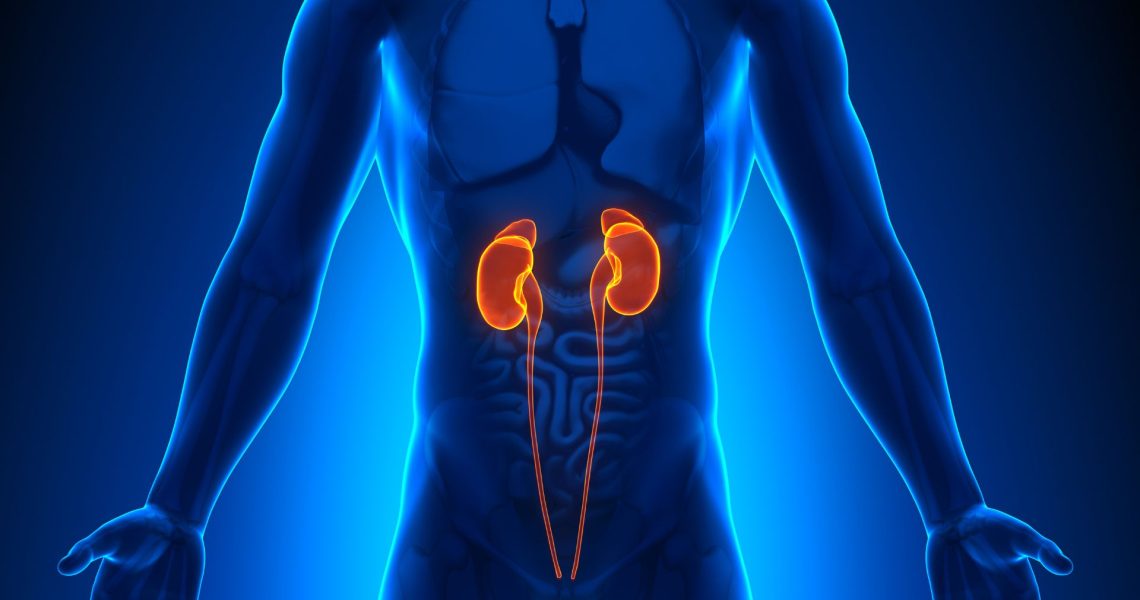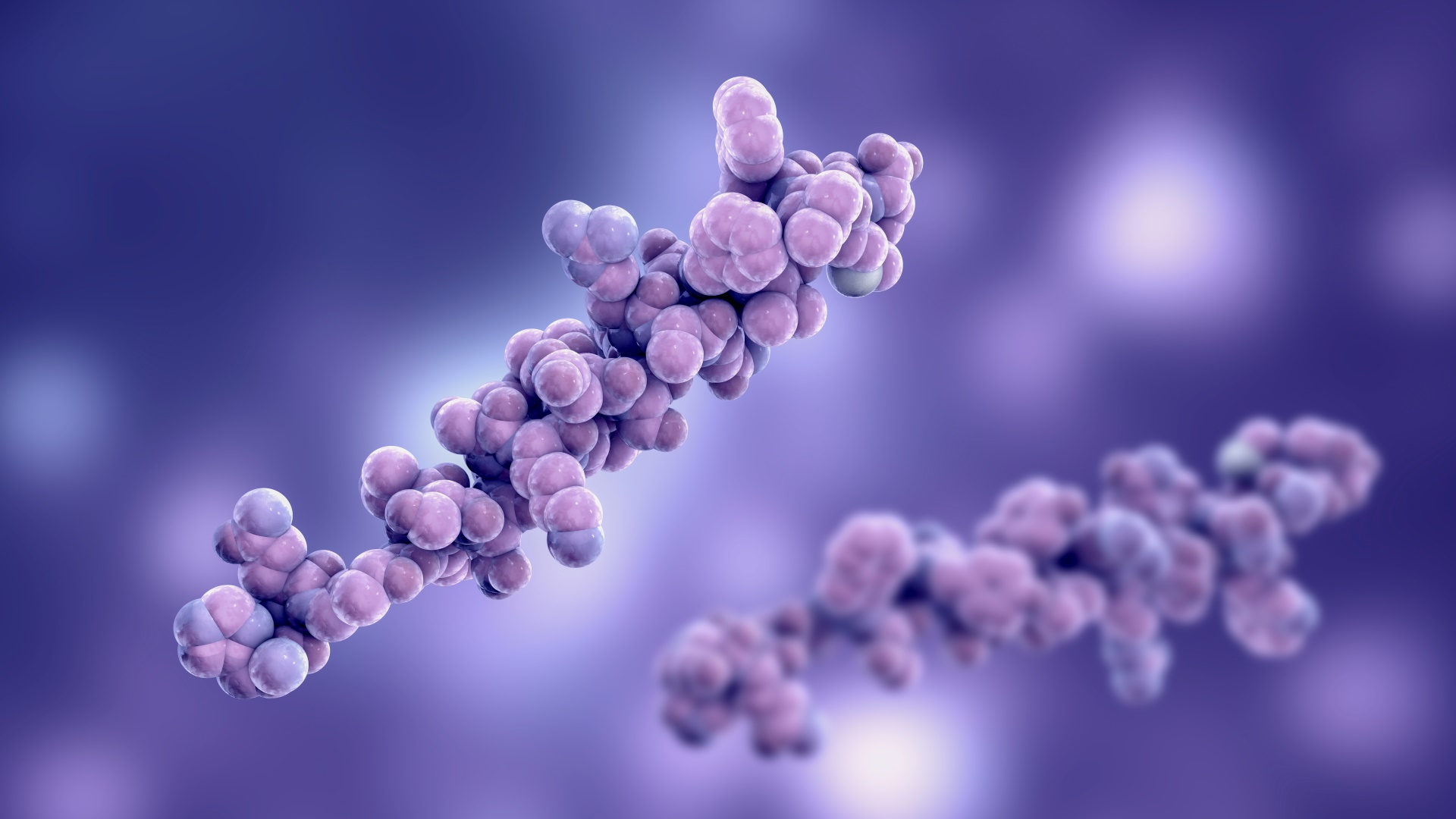We are excited to share several important milestones that reflect our ongoing commitment to kidney health: advancing a new research collaboration with the Medical University of Innsbruck supported by the FFG Austrian Research Promotion Agency, joining the Signals Directory (Kidneyverse), and highlighting a valuable toolkit from the International Society of Nephrology (ISN) to raise awareness of Polycystic Kidney Disease (PKD) and its most common form, ADPKD.
Together, these initiatives underscore the strength of collaboration in creating a better future for patients living with kidney disease.
ADPKD Research Project with the Medical University of Innsbruck
Delta4 has been engaged in a three-year research initiative in collaboration with the Medical University of Innsbruck, Department of Nephrology, supported by the FFG Austrian Research Promotion Agency. The project titled ADPKD Drug Discovery runs from October 1 2024 to September 30 2027 and focuses on identifying novel therapeutic options for Autosomal Dominant Polycystic Kidney Disease (ADPKD).
The project involves:
- Modeling ADPKD pathophysiology at the molecular level.
- Computational drug screening using Delta4’s Hyper-C AI platform to identify potential compounds.
- Validation of lead compounds in preclinical settings.
- Evaluation of biomarker candidates linking disease mechanisms to drug action.
- Design of a Phase II clinical study for the most promising compounds.
This partnership exemplifies how data integration, AI insights, and clinical expertise can come together to address pressing unmet medical needs. For patients with ADPKD, where treatment options remain limited, our hope is that this collaboration will pave the way toward more personalized, effective therapies.
Understanding PKD and ADPKD
Polycystic Kidney Disease (PKD) is a group of inherited disorders where fluid-filled cysts develop in the kidneys, leading to progressive kidney damage. The most common form is Autosomal Dominant PKD (ADPKD), which accounts for about 90% of all PKD cases. Symptoms often appear in adulthood and include high blood pressure, kidney pain, recurrent infections, and gradual loss of kidney function.
ADPKD is a serious condition: roughly 70% of patients require dialysis or a transplant before age 70. Beyond the kidneys, ADPKD can affect other organs, causing issues such as intracranial aneurysms, heart valve disease, and liver cysts.
Current treatment options include strict blood pressure control, high water intake, and, in select high-risk cases, Tolvaptan, the only approved drug to slow disease progression. However, Tolvaptan’s side effects and limited eligibility highlight the urgent need for new therapies.
This is why collaborative projects like ours with the Medical University of Innsbruck and resources like those offered by the ISN matter so much.
The ISN ADPKD Toolkit: A Global Resource
The International Society of Nephrology (ISN) recently launched an ADPKD toolkit to support healthcare professionals worldwide. This comprehensive guide explains:
- What ADPKD is and how it is diagnosed.
- Prognostic tools such as Mayo Imaging Classification and PROPKD score.
- When genetic testing is valuable.
- Strategies to slow disease progression.
- Management of common complications and extra-renal manifestations.
- Guidance for women of childbearing age.
By consolidating best practices and making them accessible, the ISN helps clinicians deliver more consistent and effective care, especially in regions where specialized expertise may be limited.
Delta4 Joins the Signals Directory / Kidneyverse
As we advance our grant-funded research in ADPKD, we are equally proud to join the Signals Directory, a curated ecosystem known as the Kidneyverse. This initiative, developed by Signals From Space, unites groundbreaking ideas, innovations, and investments, driving a collective vision for the future of kidney health.
The Kidneyverse brings together more than 100 leading organizations across diagnostics, therapeutics, digital tools, and policy. For Delta4, inclusion means visibility within a vibrant and growing community dedicated to addressing chronic and rare kidney diseases.
“At Delta4, we are excited and grateful to stand alongside so many incredible organizations dedicated to advancing treatments and care for kidney disease. Together, our shared commitment holds the promise of accelerating solutions and delivering a better future for patients worldwide.”
– Kurt Herpel, CEO of Delta4
Being part of the Kidneyverse aligns with our vision: fostering partnerships that combine diverse expertise and accelerate the path from discovery to patient care.
Looking Ahead
With each milestone, our optimism grows and our commitment deepens. By joining forces with innovative organizations worldwide, from the Kidneyverse community to academic partners like the Medical University of Innsbruck, Delta4 is contributing to a global momentum aimed at better understanding, diagnosing, and treating kidney diseases.
Together, we are building bridges between data science, clinical research, and patient needs. For the millions living with PKD and ADPKD, this collective effort represents hope for a healthier future.
About the Organizations
Medical University of Innsbruck
The Medical University of Innsbruck has approximately 2,400 employees and around 3,800 students and, together with the University of Innsbruck, is the largest educational and research institution in western Austria and the regional university for Tyrol, Vorarlberg, South Tyrol and Liechtenstein. The Medical University of Innsbruck is involved in numerous international educational and research programmes and networks. The research focuses on Oncology, Neuroscience, Genetics, Epigenetics and Genomics, as well as Infectious Diseases, Immunology & Organ and Tissue Repair.
Their Internal Medicine IV (Nephrology & Hypertension) department brings together leading expertise in kidney transplantation, rare kidney diseases, and precision medicine. The university hospital performs over a hundred kidney transplants each year, including challenging ABO-incompatible cases, while also advancing therapies for antibody-mediated rejection and immune complications. Its nephrology service provides specialized care for patients with rare and autoimmune kidney diseases and participates in ERKNet, the European Reference Network for rare kidney diseases, while actively engaging in precision medicine initiatives that integrate biopsies, multi-omics, and disease modeling to refine diagnosis and treatment. These efforts are underpinned by a robust infrastructure that includes state-of-the-art laboratories, advanced dialysis services, and a large biobank with hundreds of thousands of patient samples, enabling Innsbruck to serve as both a clinical and research hub for innovation in kidney health.
FFG Austrian Research Promotion Agency
FFG is Austria’s national funding agency for industrial research and development. It supports innovation by connecting universities, research institutions, and businesses, with a focus on translating cutting-edge science into real-world solutions.
Signals Directory / Kidneyverse
The Signals Directory, part of the broader “Kidneyverse”, is a curated hub created by Signals From Space to spotlight innovations in kidney health. It showcases more than 100 organizations working across diagnostics, therapeutics, digital health, and policy, helping foster collaboration across the nephrology ecosystem.
International Society of Nephrology (ISN)
The ISN is a global professional association dedicated to advancing kidney health worldwide through education, research, grants, and advocacy. Its ADPKD toolkit provides clinicians with evidence-based guidance for diagnosis, management, and patient care.


